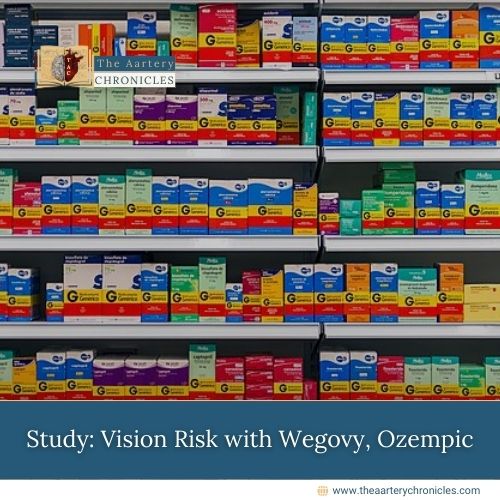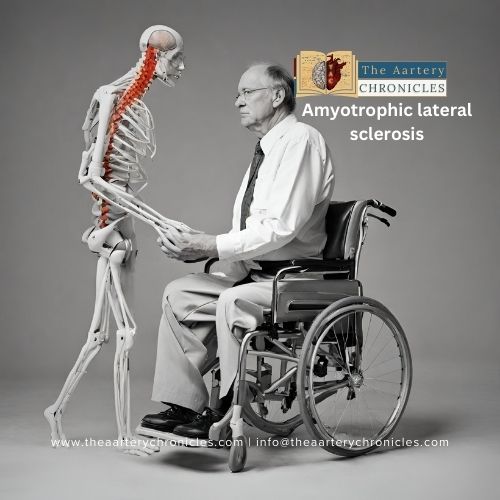
Study: Vision Risk with Wegovy, Ozempic
A recent study indicates that patients using Novo Nordisk’s popular weight-loss drug Wegovy, as well as similar medications for type 2 diabetes, may face an increased risk of a serious eye condition. The research, published in JAMA Ophthalmology, highlights potential risks associated with the active ingredient semaglutide, found in Wegovy, Ozempic, and Rybelsus.
Study Findings
The study reveals that the rate of non-arteritic anterior ischemic optic neuropathy (NAION) was significantly higher in patients taking semaglutide for type 2 diabetes (8.9%) compared to those on non-GLP-1 diabetes medications (1.8%). For those prescribed semaglutide for weight loss, the incidence was 6.7%, versus 0.8% for those on other weight reduction medications.
What is NAION?
NAION is a condition caused by insufficient blood flow to the optic nerve, leading to sudden, painless vision loss in one eye. It is the second most common cause of optic nerve-related blindness, following glaucoma. The condition more frequently affects older individuals, with an annual incidence rate of 0.54 per 100,000 in the general U.S. population, increasing to 2.3 to 10.2 per 100,000 in adults over 50.
Risk Factors and Observations
The 36-month observational research included 710 people with type 2 diabetes and 979 receiving weight-loss drugs. After accounting for other risk factors like high blood pressure and obstructive sleep apnea, the study found that semaglutide use was associated with a more than fourfold increased risk of NAION in diabetes patients and a more than sevenfold increase in those using it for obesity.
Novo Nordisk's Response
Novo Nordisk has acknowledged the study but pointed out several limitations, noting that it was not a randomized controlled trial. According to the company, there is insufficient data to display a causal relationship between GLP-1 receptor agonists and NAION. Novo Nordisk emphasized that NAION is not currently recognized as an adverse reaction for marketed semaglutide formulations.
Expert Opinions
Graham McGeown of Queen’s University Belfast, an expert in diabetic eye disease, noted the study’s quality but suggested that larger studies are needed to confirm the findings. He stressed the importance of balancing potential drug side effects against their benefits, especially given the increasing use of semaglutide for various conditions beyond obesity and type 2 diabetes.
Source: Inputs from various media Sources










